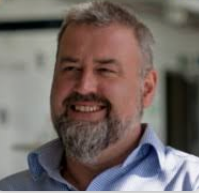We are delighted to announce the successful appointment of our Local Policy Innovation Partnership (LPIP) Place Fellows. These exceptional individuals bring a wealth of experience, creativity, and passion to help drive local policy innovation across the UK.
The LPIP Place Fellows represent a diverse mix of regions, sectors, and expertise. This diversity underscores our commitment to inclusive and impactful policy innovation. The Fellows come from fields spanning economic development, social policy, and environmental sustainability, creating a rich network for collaboration and mutual learning.
As we embark on this exciting journey, we look forward to seeing the meaningful partnerships and initiatives that will emerge. The LPIP Hub remains dedicated to fostering a thriving ecosystem of local leaders equipped to tackle regional challenges and amplify policy impact.
Managing Director, Mylocaleconomy
Dr. Glenn Athey has 30 years of experience in regional economic development, including a PhD from the University of Glasgow, which was part-sponsored by Scottish Enterprise.
Glenn has wide-ranging experience in local and regional economic analysis, with specific experience in labour market research, intelligence, and demand analysis, and its application to policy, strategy, and delivery plans. He specialises in evidence-based policy, from economic analysis to using this to specify and articulate policy options and delivery mechanisms.
Glenn was Senior Labour Market Economist for Futureskills Scotland (part of the skills directorate at SE, and also working with HIE) 2001 to 2004, Head of Enterprise Strategy and Policy at London Development Agency 2004-2006, Head of Research at The Centre for Cities 2006-2008, Director of Research and Intelligence at the East of England Development Agency 2008 to 2011, and Executive Director of Greater Cambridge Greater Peterborough LEP 2012-2013, and Principal Consultation for Regions, Cities and Local Economies at Cambridge Econometrics 2020-22.
Glenn currently runs a specialist consultancy for economic development policy, strategies and advice at mylocaleconomy.org

Senior Lecturer, School of Geographical Sciences, University of Bristol
Ed Atkins researches the contested character of environmental and energy policy and politics. This is with a particular focus on the local politics of energy generation and consumption, decarbonisation and climate action. This currently focuses on tracing how energy
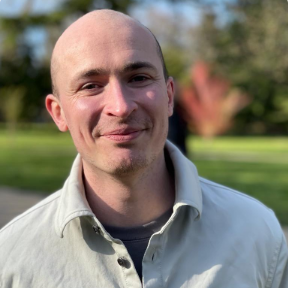
Chair of the National Alliance for Cultural Services and a Fellow of the Royal Society of Arts, and a member of the Academy of Urbanism
Val Birchall has led culture, tourism, events and sport services in local government for two decades. She is the Chair of the National Alliance for Cultural Services and has worked as a consultant and lecturer in cultural policy. Val has worked across Europe supporting cities to develop their cultural strategies, including for the Culture for Cities and Regions and the Cultural Heritage in Action programmes delivered by Eurocities.
Her particular research interest is in the implications of emerging experimental models of local governance for the leadership of cultural policy. Val is a Fellow of the Royal Society of Arts and a member of the Academy of Urbanism.
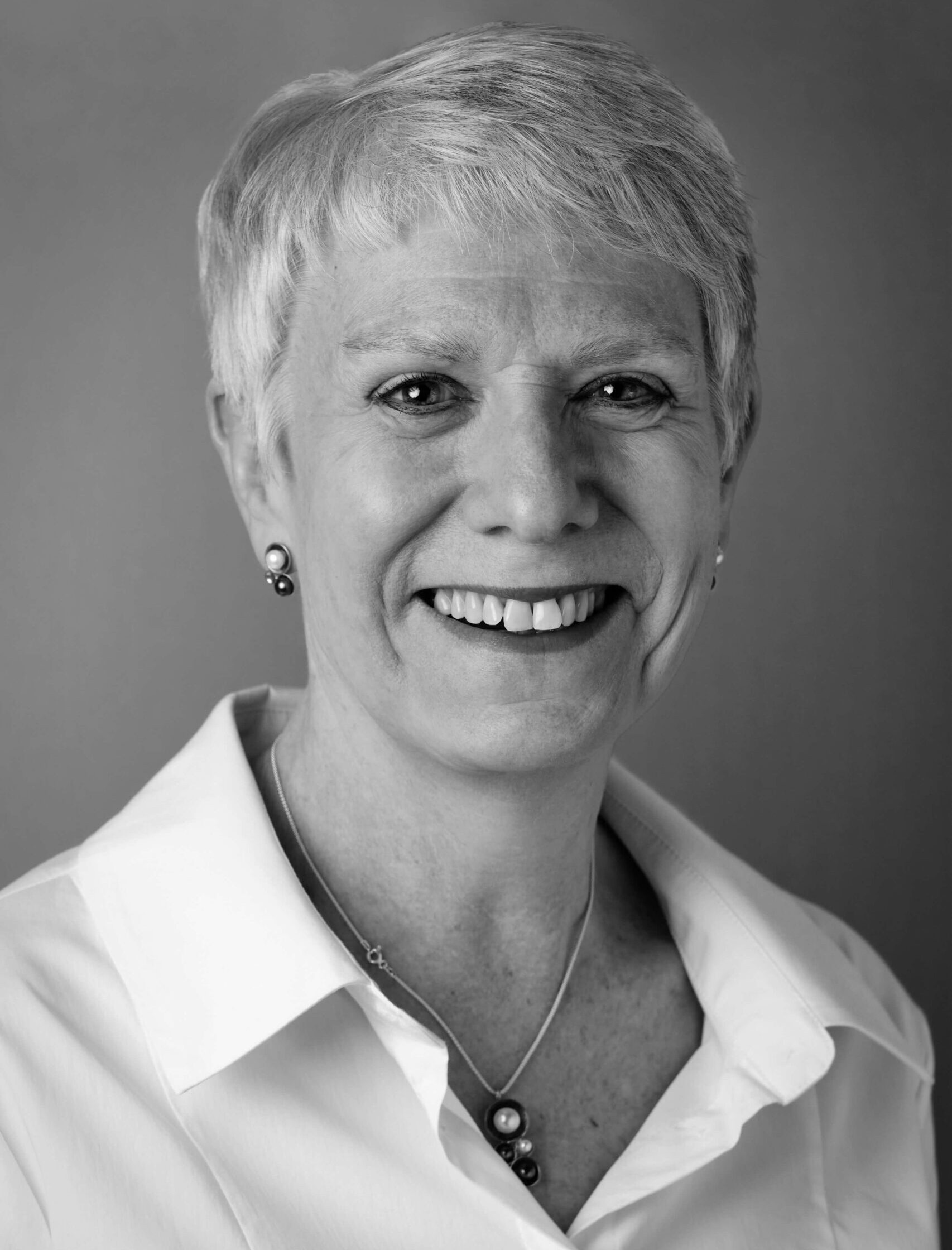
Research Fellow at the Centre for Enterprise, Environment and Development Research (CEEDR) at Middlesex University’s Business School
Dr Amy Burnett is a Research Fellow at the Centre for Enterprise, Environment and Development Research (CEEDR) at Middlesex University’s (MDX) Business School and a Research Fellow at the Centre for the Understanding of Sustainable Prosperity (CUSP).
Her research and practitioner work focuses on civil society groups and government to promote and incentivise innovative and sustainable development in the context of sustainable finance, planning, policy, placemaking, and place-based identities. She has significant experience as a practitioner in the UK community, planning and international development sectors.

Applied Economist and Strategic Policy Professional
Linda is an applied economist and strategic public policy professional, including some 25 years of varied policy and academic expertise, having delivered a range of projects of national significance. She trained as a government economist in the early part of her career, progressing on to head up economic development strategy at Glasgow City Council for over 10 years. Linda was Head of Scotland’s Green Skills Strategy at Skills Development Scotland, and latterly, Head of Programmes for Scotland’s Circular Economy Strategy at Zero Waste Scotland.
Linda is an expert in Economic Development policy in Scotland, having designed and delivered a range of projects, including: City/Regional Growth Deal Business Cases; regeneration ‘legacy’ and investment ‘Benefits Realisation’ strategy; Glasgow’s Transformational Housing Regeneration Areas Strategy; UoG Civic Strategy and Sustainable Development Goals and Inclusive Innovation District Strategy; Scotland’s Net Zero Skills/Green Jobs Strategy; Scotland’s Circular Economy strategy. Her policy practitioner expertise includes: MSP, ASPM, Portfolio/Programme Management; HMT Green Book and Theory of Change approaches to policy design and implementation; Strategic Planning and Economic Development Policy Strategy; Research Impact, Measurement, Performance, Benefits Management and Governance.
Linda has a BA Honours degree and an MSc in regional economics from the University of Strathclyde and a PhD from the University of Glasgow. Her academic research, publications and areas of interest include: regional policy; governance and ‘public value’ of urban local government partnerships; the role of formal and informal ‘institutions’; Economic Development and Housing Policy in Scotland; Inclusive Growth and Net Zero Skills Policy.
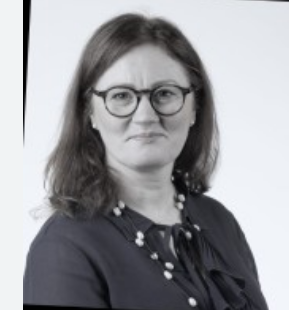
CEO of Fashion Roundtable, Professor of Fashion and Sustainability at Bath Spa University and a UK Trade and Business Commissioner
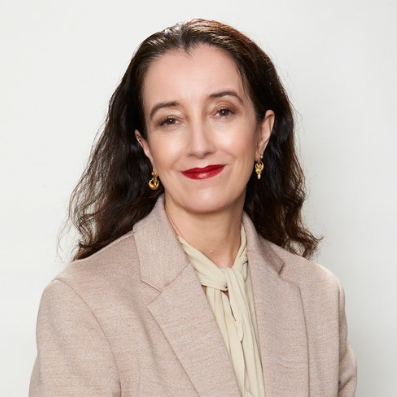
Director of London Engagement and the London Met Lab: Empowering London at London Metropolitan University
Sophie is the Director of London Engagement and the London Met Lab: Empowering London at London Metropolitan University. She spearheads the Civic and Community stream of the University’s strategy and is a dedicated advocate for civic engagement. Her commitment to community impact is reflected in her numerous roles and affiliations. She is a member of the UK’s National Civic University Advisory Board and Chair of London Higher’s Civic Network, working to strengthen collaboration and innovation within the higher education sector.
Sophie’s work is rooted in a deep understanding of the symbiotic relationship between academia and community. She collaborates with colleagues across the University and the wider community to ensure London Met fulfils its role as a civic institution, providing students with opportunities to develop into value-driven leaders.
Her extensive involvement in London’s civic landscape includes serving on various boards and working groups, such as those within local government, the National Health Service, and community organisations. For example, the London Anchor Institution Network’s (LAIN) Hiring & Skills and Place working groups and the Tower Hamlets Health Determinants Research Collaboration (HDRC). Additionally, Sophie is a Trustee for the London charity Friends of Upward Bound.
With a background in youth work and over 20 years of experience at London Metropolitan University, including a previous role as Head of Outreach and Widening Participation, Sophie brings a wealth of practical experience to her current position. Her early career change from finance was inspired by her volunteer work with young people at risk, where she witnessed firsthand the transformative power of community engagement.
A proud alumna of London Metropolitan University, Sophie holds a Master’s of Education (2011) and a BSc (Hons) in Sociology from its predecessor institution, London Guildhall University.
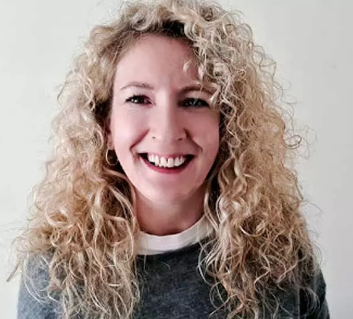
Professor of Digital Policy at Swansea University and Chief Scientific Adviser at the UK Government’s Department for Culture, Media and Sport
Tom Crick MBE is Professor of Digital Policy at Swansea University and Chief Scientific Adviser at the UK Government’s Department for Culture, Media and Sport.
His interests sit at the research-policy-practice interface, identifying and addressing domain problems with broad digital, data-driven and computational themes, and especially focusing on the impact on citizens, communities, culture and the economy.
Tom has led the major science and technology curriculum reforms in Wales over the past 10 years and has recently driven the development of Swansea University’s first civic mission strategy. He was also an inaugural Commissioner of the National Infrastructure Commission for Wales and an expert panel member for the Welsh Government’s 2019 Review of Digital Innovation and the Future of Work.
Tom has held non-executive roles in the utilities and health & social care sectors, as well as senior board-level or advisory roles with Nesta, Ofcom, Industry Wales, and BCS, The Chartered Institute for IT.

Director, Centre for Deliberation
Ceri’s background combines academia, civil society and social research, where for the last 15 years she has worked on how to engage citizens and publics meaningfully in shaping research, policy and practice.
She is currently Director of the Centre for Deliberation at NatCen and previously ran the University of Brighton’s Community Knowledge Exchange, supporting partnerships between academics and community organisations, as well as roles in community development and social action.

Director, Evidence First
Kevin Fenning is an economic consultant with 16 years’ experience leading teams for public and private sector clients. Kevin’s work focuses on economic strategy and analysis, and building the case for investment in locally significant projects.
Kevin works extensively with local and central government to support and promote economic development, as well as working on behalf of a range of other organisations and anchor institutions, including research councils, universities, business representative organisations, investors and developers, and NHS Trusts.

Head of Research for the Local Government Information Unit (LGIU)
Jon works as Head of Research for the Local Government Information Unit (LGIU). He is responsible for the organisation’s research and insight function, leading the portfolio of LGIU’s research partnerships and managing the Local Democracy Research Centre.
Jon has a wide breadth of experience related to research and policy impact in a city setting, working with a wide range of academic and university partners for his work.
Jon is also undertaking a part-time policy fellowship with UCL on Research Cities.

Head of the Institute of Place Management, joint Founder and Vice President of Civic Voice
‘Ian’s leadership, vision, and commitment to the civic cause, providing support and voice to thousands of place-makers in the UK,’ said Manchester Metropolitan University’s Institute of Place Management when it named Ian a Senior Fellow in March 2021.
Ian is the Joint Founder/Executive Director of Civic Voice and Secretary of the All-Party Parliamentary Group on Civic Societies
Ian is a member of the High Street Task Force’s Executive Group and is currently CEO at the Institute of Place Management – the global institute dedicated to improving places.

Independent Economic Adviser

Co-Director the University of Liverpool’s Heseltine Institute for Public, Policy, Practice and Place
Sue co-leads the University of Liverpool’s Heseltine Institute for Public Policy, Practice and Place, which is at the forefront of debate on local and regional economies. A former director at Liverpool City Region Combined Authority and Knowsley Council, Sue has senior leadership experience of delivering public services, including complex programmes where activities are undertaken by partners across multiple agencies and geographies.
Sue’s expertise spans the policy domains of employment and skills, local economic development, regional devolution and communities in their places.
At the Heseltine Institute, Sue leads stakeholder engagement to align academic research with policymaking to explore critical public policy challenges and choices facing cities and city regions. Her role includes working as academic advisor to the Liverpool City Region All Party Parliamentary Group, evaluating the impact of national policies on local prosperity and leading key agendas for civic engagement. Sue also delivers a diverse portfolio of research and consultancy, influencing and impacting place-based policy and has considerable experience of writing for policy and practitioner audiences.
Sue is currently a co-investigator in the NIHR funded Health Determinants Research Collaboration Liverpool, leading the knowledge mobilisation programme.

Co-Chair Birmingham Citizens

Assistant Director for Integrated Commissioning
Health, Housing and Communities, Sunderland City Council
With over two decades of experience in the health and care sector, Lisa is focused on addressing inequalities and driving service innovation through collaborative place partnerships.
Lisa has a wide range of knowledge and experience in establishing effective place-level governance and leadership, fostering place-shaping, and unlocking new value through whole-system collaboration and integration.
She is passionate about leveraging research to accelerate learning and development, expanding traditional health and care partnerships to create innovative person-centred ecosystems, and maximising the potential of anchor institutions to create sustainable and inclusive social value.

Head of Civic and Inclusivity, University of West England
Allan has worked in knowledge exchange from most sides, as a researcher, a local council officer and a knowledge exchange professional.
Allan led the application of research on the UN Sustainable Development Goals by working with Bristol City Council, local & national businesses, charities and organisations. Allan then joined Bristol City Council, where he worked at the City Office helping communities, organisations, businesses and civil society groups to engage effectively with each other, the City Council and the Mayor & his Cabinet. Allan supported work across Bristol’s Environment, Homes and Communities and Transport boards as well as the Bristol Advisory Committee on Climate Change.
Allan also worked at PolicyBristol at the University of Bristol, helping academics across the University’s faculties to engage with local and national policymakers and politicians, and was heavily involved in the Bristol region LPIP proposal, working with the University of West of England, University of Bristol and a wide variety of community groups.
Allan is passionate about helping community voices to be heard in policymaking and believes that research and community-based policymaking is the best way to deliver a more just and equal future for all.

Assistant professor of economics at the University of Leeds
Stuart Mills is assistant professor of economics at the University of Leeds. His research focuses on decision-making and technology; on how technology shapes human behaviour; and on organisational decision-making concerning technology adoption and development.

Public Health professional and local charity leader
Helen is a Public Health professional with a community development and creative background. Her role in local government centres around health inequalities, place-based methodologies and community resilience.
Alongside this, she is a founder and trustee for a super-local literacy charity. She thrives in the space where policy meets practice, using co-production and working through relationships to translate and implement policy practically.
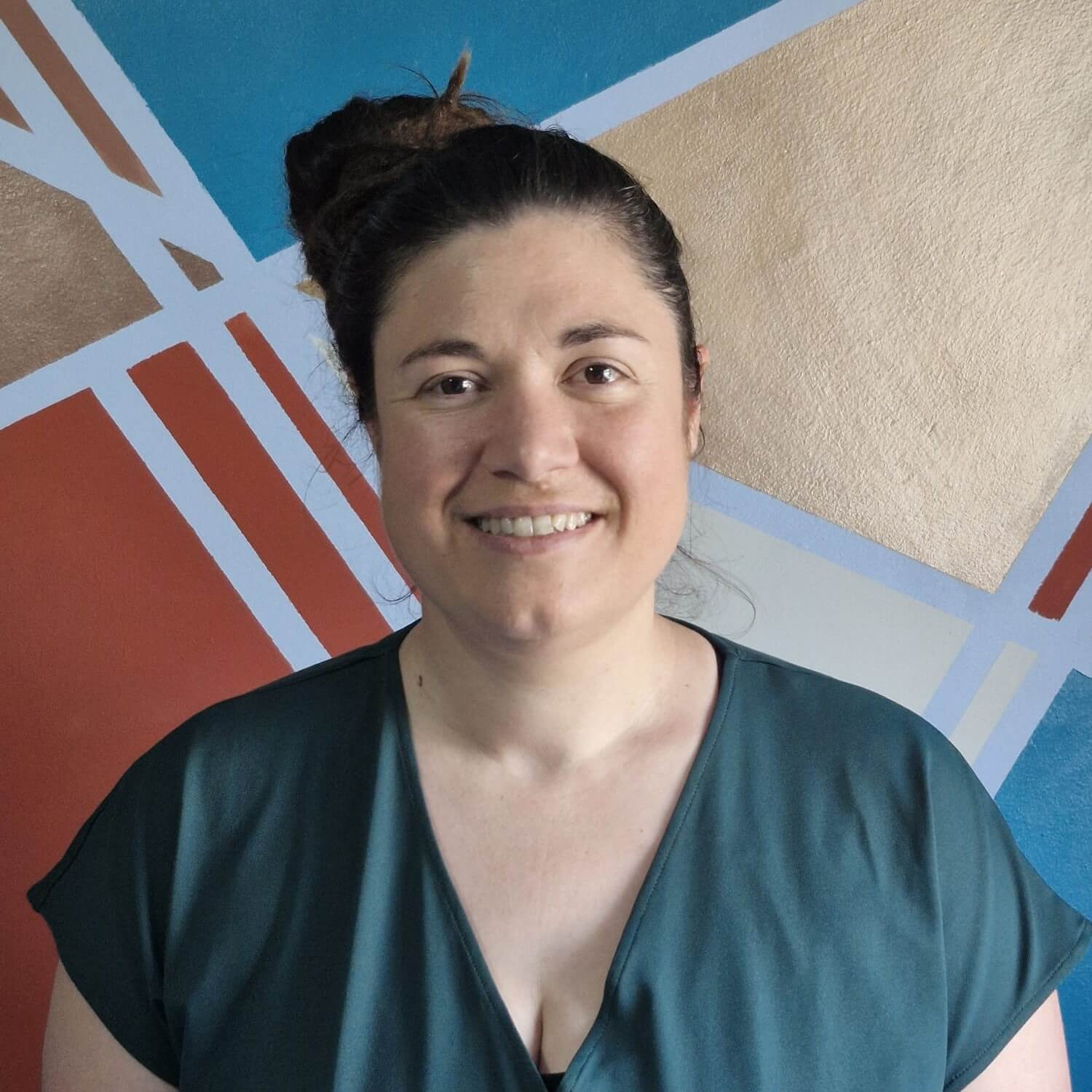
Research Fellow at the University of Southampton
Joseph is a research fellow at the University of Southampton, working in the Southampton Institute for Arts and Humanities (SIAH).
Joseph has led projects including ‘Poetry, Policy and Place’, ‘Feeling Towns’, and ‘Neighbouring Data’, the last of which explores the role of qualitative data in place-based decision-making.
Joseph is Co-Director of the Centre for Modern and Contemporary Writing (CMCW) and a specialist policy officer for Public Policy Southampton (PPS). He writes arts, film, and literary criticism.
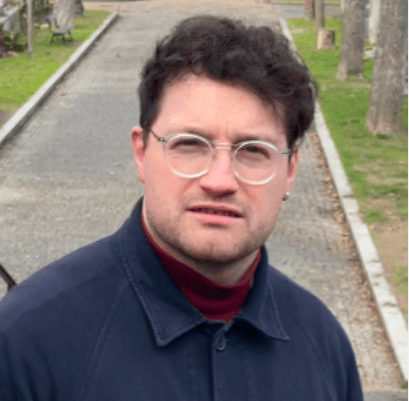
Associate Professor, De Montfort University Leicester
Andrew leads the Environmental Sustainability theme for De Montfort University as part of the ‘Universities Partnership’ civic university agreement for Leicester, Leicestershire and Rutland. The role encompasses responding to community and local government needs to develop collaborative projects for sustainability and climate action.
Andrew is also De Montfort’s academic lead for Education for Sustainable Development and works as an Associate Professor focused on supporting action for sustainability in community and organisational settings.
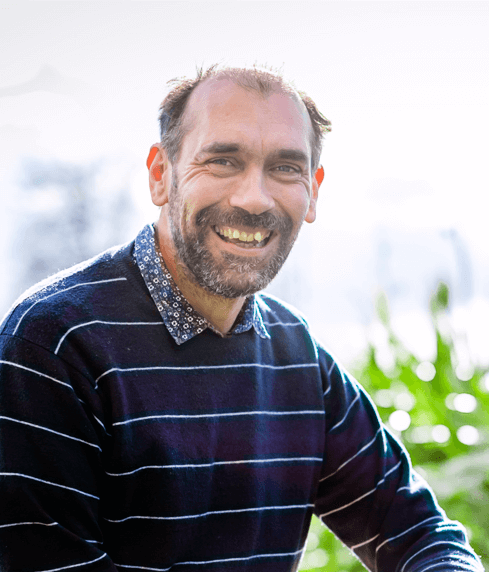
Research Fellow in Engineering Systems and Design in the Department of Electrical, Electronic and Mechanical Engineering at the University of Bristol

Head of Public Policy Engagement, Wrexham Glyndŵr University
A graduate of the University of Liverpool in Geography and Civic Design, Nina has 20 years’ experience in public services in education, social and economic regeneration, and policy development/delivery.
As Head of Public Policy Engagement, she leads WU’s civic mission partnership strategy across North Wales, which delivers a wide range of co-created civic mission work in collaboration with a vast range of partners and communities and aims to end social inequality by 2030. This work ranges from enabling systems leadership and whole systems thinking to support the implementation of the Well being of Future Generations Act (Wales) 2015, to establishing a North Wales Children’s University and leadership education for Children and Young People focused on leadership, health & well being, skills for the future, aspiration, and food poverty. Earlier this year, she was recognised in the Future Generations Changemaker 100 list for Wales.
In her other roles, Nina is Vice Chair of the Civic Mission Network for Wales & Wrexham and Flintshire Public Service Board, a member of the Partnership Board for Actif North Wales, a member of the 2025 social movement and Chair of Mold Netball Club.
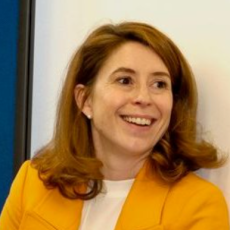
Programme Lead, UK National Commission for UNESCO
Liam is a Chartered Manager who specialises in place-based cultural development that puts communities in charge of their own destinies.
Since 2023, at the UK National Commission for UNESCO, Liam has led the fundraising, research, development, and delivery of the Local to Global strategic investment programme. The programme aims to build a more resilient and adaptive network of UNESCO-designated sites, which cover 13% of the country’s landmass. Liam has overseen the development of new resources in audience development, stakeholder mapping and inclusion; fundraising and financial sustainability; and digital transformation – and is increasing devolved decision-making through horizon-scanning, open innovation and collaborative futures techniques.
Liam’s previous experience includes establishing the people-centred practice principles for an Arts Council England Creative People and Places project in the Black Country – focused on inspiring more people to choose, create and take part in brilliant art experiences in the places where they live.
He has worked as a consultant for various Arm’s Length Bodies, combined and local authorities, to develop localised cultural policy. As a lead evaluator for the Birmingham 2022 Festival, Liam authored two public reports on region-specific cultural programmes that support global exchange and decentralised soft power and methods to embed inclusivity into mega events.
Liam is currently a trustee at Birmingham’s internationally renowned Ikon gallery and is one of 2024/25’s Arts Fundraising and Philanthropy’s Senior Fundraising Fellows.
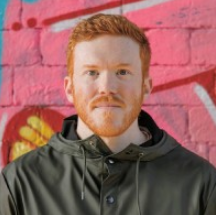
Chief Executive Officer, Wellbeing Enterprises CIC
Mark Swift is a serial social entrepreneur with over 20 years of experience working with the public and private sectors. He is the Founder CEO of Wellbeing Enterprises – a healthcare social enterprise, and one of the first Community Interest Companies (CICs) to be established. His special interests include health creation and health equity, social entrepreneurship and social economy and accelerating social innovation processes and social value creation.
He has previously held positions in the NHS as a Public Health Improvement Specialist and a Senior Project Manager leading on Clinical Quality. He is currently a Fellow of the Heseltine Institute for Public Policy, Practice and Place at the University of Liverpool and Ashoka, which identifies and supports the world’s leading social entrepreneurs.

Head of The Institute for Economic and Social Inclusion, University of Sunderland
Graham’s area of research and practice encompasses economic and social inclusion, societal inequalities and the spatial context of disadvantage. Graham’s experience extends across public, private and third sector entities as well as academia, where his research has been informed by economic geography and the specificity of place.
Graham’s role at the Institute for Economic and Social Inclusion is to lead the University’s work with its partners in areas such as inclusive learning, inclusive work, inclusive living and inclusive health. Through their interdisciplinary research and community-centred practice, the Institute provides evidence and insight to policy makers and partners to make a real positive difference for those most vulnerable in our society.
Grahan has published work on the financialisation of our essential infrastructure, geographies of investment capital, and the challenges of local authority governance and statecraft in an era of globalised and mobile investment capital.
